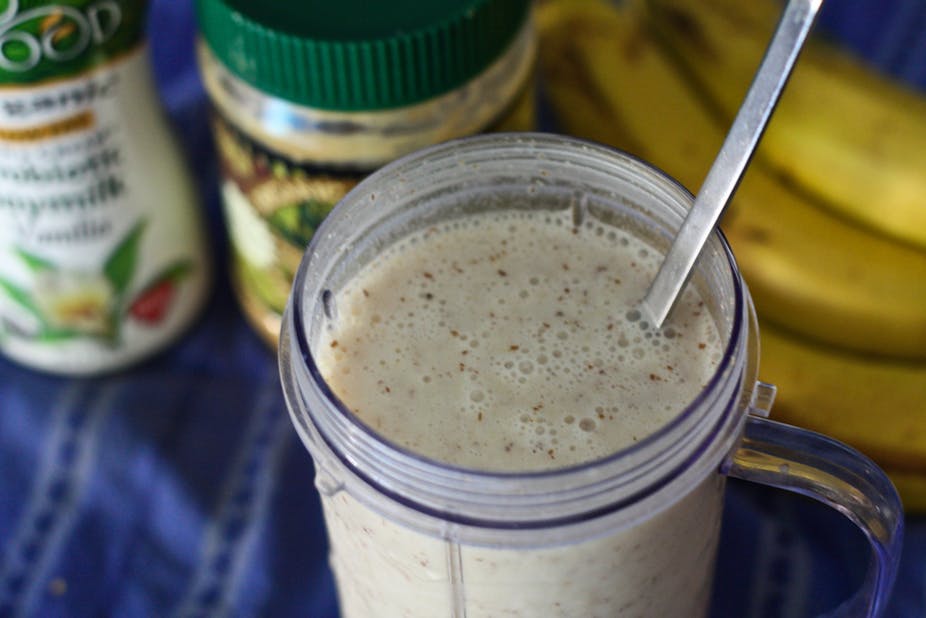Autoimmune disorders including Inflammatory Bowel Disease, Crohn’s Disease, Multiple Sclerosis and Type 1 Diabetes, as well as chronic asthma and allergies are at an all-time high across the globe.
Some people take strong daily medication for their disease and live with it their entire lives. In some cases, however, this is still not enough and more drastic measures have to be taken. In the case of Crohn’s Disease, which causes inflammation of the gastrointestinal tract, this can include major surgery to remove parts of the colon and rectum.
Self-infestation
Faced with this, some people are taking the somewhat radical step of infesting themselves with parasitic worms. And there are a number of companies out there who will ship you either the eggs of the pig whipworm or hookworm larvae, not to mention numerous websites, testimonials and films, and some emerging scientific research that suggests that some people get real relief from this treatment.
We have an interesting relationship with animals when it comes to our health. We’re aware that all new medications are tested on non-human animals before before they can be prescribed, even if we’re not all happy about it. And animal products such as gelatin form a large part of the non-active ingredients in everyday drugs such as paracetamol and ibuprofen.
We also continue to actively use some creatures in health treatments, although not to the extent that we have done historically. Leeches, for example, are still used to help restore blood circulation and maggots to clean away dead flesh. We probably feel comfortable with animals being involved in health and rehabilitation, such as guide dogs for the blind.
But when it comes to animals living semi-permanently inside our bodies – urban myths about opera singers with tapeworms aside – things perhaps get a bit less comfortable. It seems to violate a very important sense of our human individuality and sense of self.
Re-aquainting with old friends
The idea behind self-infestation with worms for health reasons is based on what is often called the hygiene hypothesis. The hygiene hypothesis suggests that you’re more prone to allergic diseases and autoimmune disorders if you don’t come into contact with infections such as a range of bacteria and parasites at a young age.

Many of us will be familiar with the theory that we have a rising number of allergies because of the amount of cleaning, bleaching and washing we do.
This seems logical; our immune system is primed by early infection, much like catching chicken pox or getting a vaccination as a child. However, some researchers are suggesting something more - that suppressed immune systems are less about hygiene and more about a historical relationship between humans and parasites. So much so that they’ve instead called it the old friends hypothesis.
The difference is subtle but important. According to the old friends hypothesis it’s less strictly about cleanliness, but rather about an ancient relationship that humans – through cleanliness – have sought to end; humans have co-evolved with symbiotic microbiological friends, including parasitic worms, and the immune system struggles to let go when this friendship comes to an end. As Graham Rook, Professor of Clinical Microbiology at UCL and one of the architects of the hypothesis, put it:
The rise in allergies and inflammatory diseases seems at least partly due to gradually losing contact with the range of microbes our immune systems evolved with, way back in the Stone Age.
Only now are we seeing the consequences of this, doubtless also driven by genetic predisposition and a range of factors in our modern lifestyle - from different diets and pollution to stress and inactivity. It seems that some people now have inadequately regulated immune systems that are less able to cope with these other factors.
A 10,000-year relationship
Archaeological evidence has shown human whipworm (a very close relative of the pig whipworms used today) in the mummified remains and fossilised human faeces from 10,000 years ago. It is also interesting that in developed countries there is a higher incidence rate of autoimmune diseases, and also a difference between urban and rural areas within countries.
Perhaps human health is not simply a matter of defending the human individual against external invaders, but about an ecological balance of multispecies relationships.

Of course this not an entirely new idea. Just look at the appetite and market for “friendly” bacteria in yoghurt, and probiotic drinks. Maybe we need to stop thinking of individual humans simply living in a habitat or environment - each human body is a habitat and environment itself, teeming with life.
Biologist Lynn Margulis once suggested that human beings are not individuals at all, but rather “walking assemblages” or “loose committees” of mostly microbiological partners. This may challenge our sense of ourselves as separate and individual human beings with a clear and individual sense of self. But it could also have consequences for how we think about human health and medicine and how we relate to non-humans and to our environment.
It may appear extreme to infest yourself with a parasite but in light of the rise of autoimmune disorders and the old friends hypothesis, then the introduction of parasites into our bodies may not be so strange after all.

